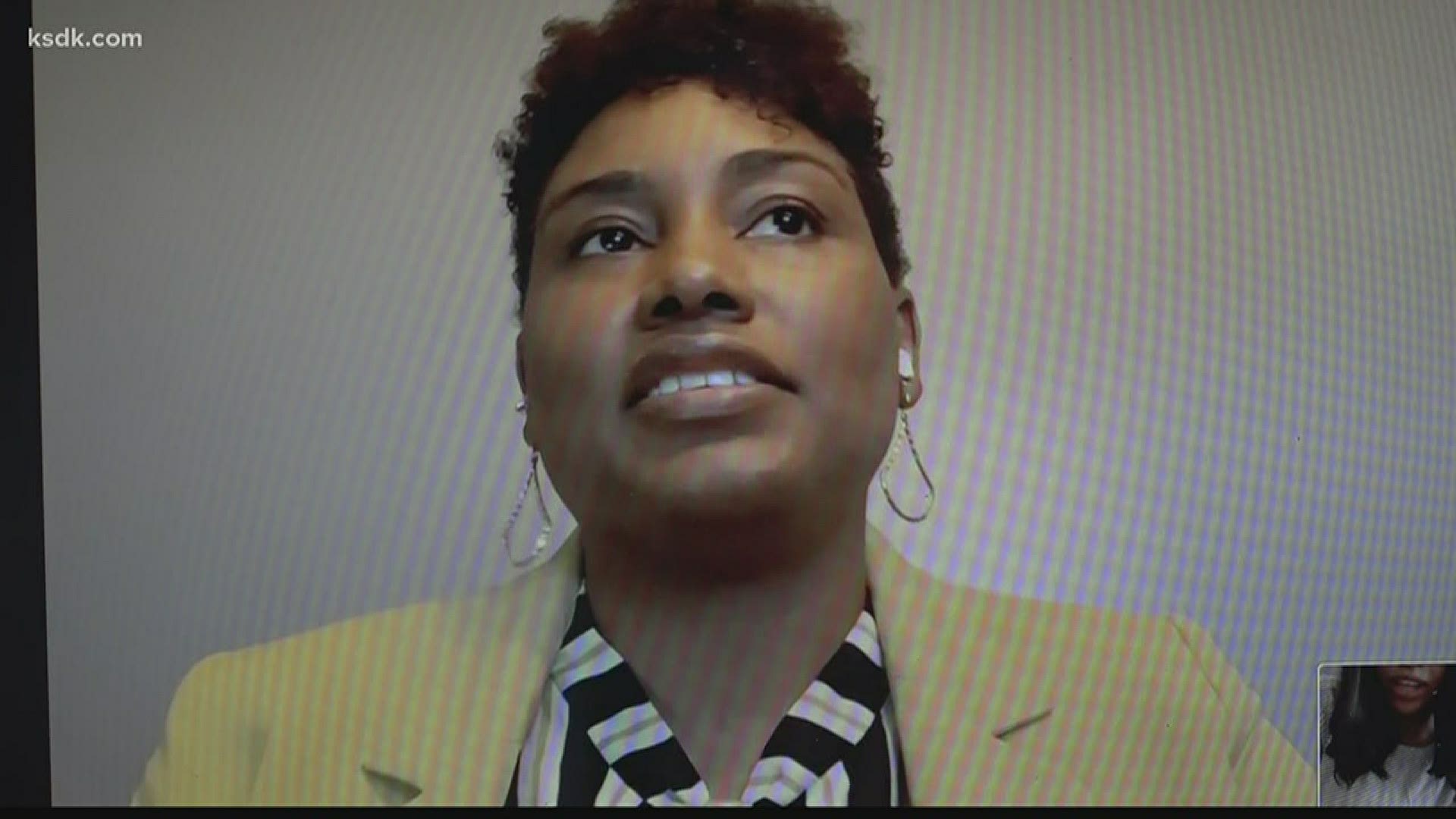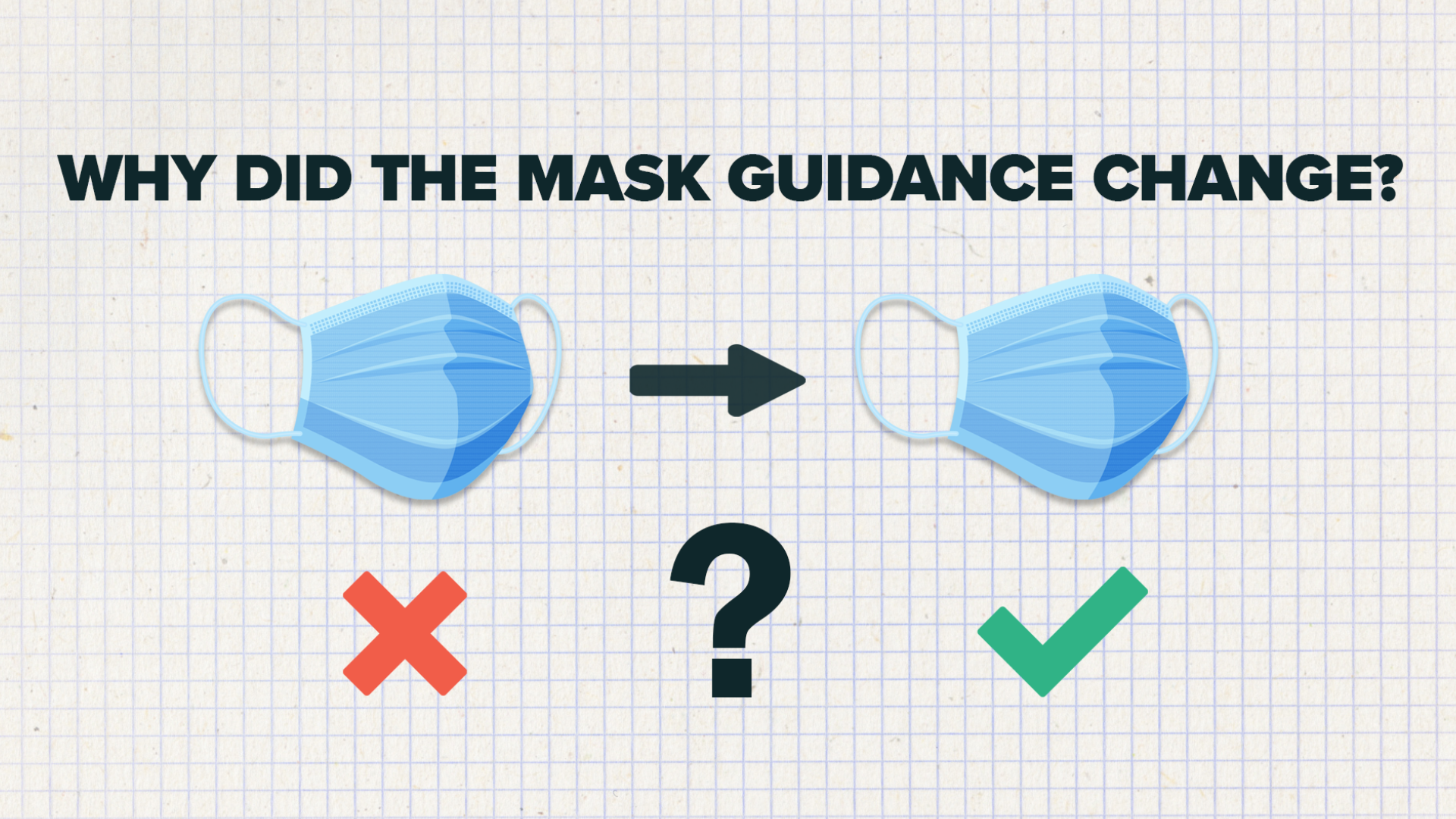ST. LOUIS — In a city of nearly 300,000 people, 514 have tested positive for COVID-19, and 12 have died. Those deaths differ by age and gender, but not by race.
"It's really just a reflection of what we know already exists in our community," said Dr. Alex Garza, head of the St. Louis Metropolitan Pandemic Task Force.
In an op-ed in the St. Louis American, the city's health department confirmed all of its coronavirus deaths were black. In a pandemic task force briefing, Dr. Garza addressed that stark reality.
"Really it's a symptom of the disease of social inequity, it's not that the virus has any predilection for minorities," said Dr. Garza.
Angela Fleming Brown is the CEO of the Regional Health Commission. The commission, along with the city and county's health departments created a campaign called PrepareSTL.
"African American communities are really at high rates of chronic diseases like your diabetes, hypertension or high blood pressure," said Dr. Garza. "We understand that for a lot of these communities they are still in that preparation phase and really need to know how to prepare to stop the spread."
The goal is to spread information and resources, and dispel dangerous rumors that black people are immune to the virus.
"Just heard like people are still doing house parties and party vans, you know, bus parties, and so how do we really begin to get this message out," said Fleming Brown.
It's a message she said goes beyond the city and into the county, where there are currently more than 100 confirmed cases of COVID-19 reported in a single ZIP code in north St Louis County: 63136
This area includes Dellwood, Castle Point, Country Club Hills and Jennings.
"Individuals in our community begin to take this seriously and understand that this is a disease that is killing a lot of our people and we can stop it if we just stay home."
Part of the PrepareSTL campaign also includes community canvassing and mobile outreach led by the St. Louis Integrated Health Network, STL Community Health Worker Coalition, Alive and Well Communities, STL Mental Health Board and Emerging Wisdom.
Starting April 11, canvassers — outfitted in personal protection equipment — will be going to high visibility community hotspots, such as grocery and convenience stores, gas stations, laundromats and check cashing businesses.
They will be placing posters, sandwich boards and flyers at these locations.


